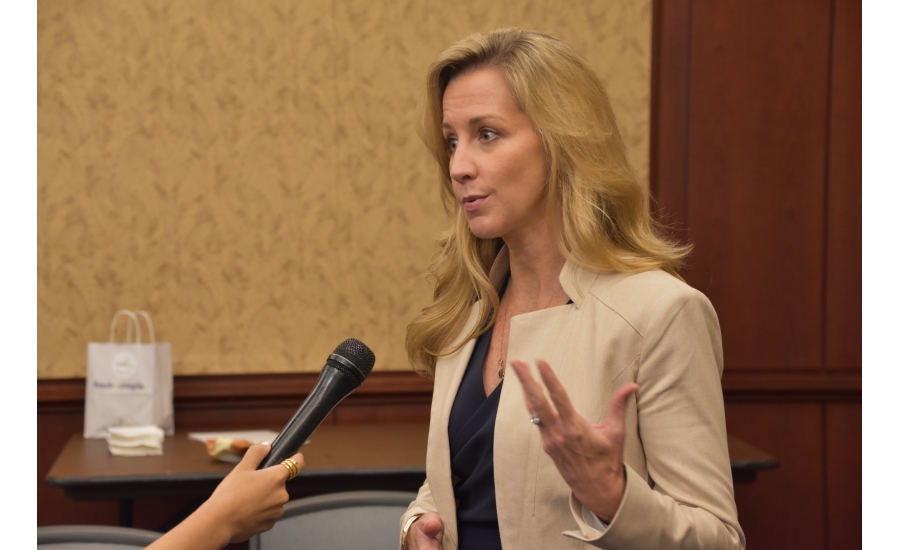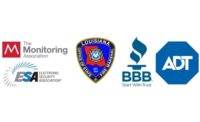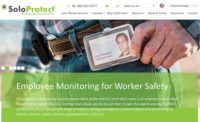On June 28 and 29, industry representatives and representatives from the educational field went to Washington, D.C., to take part in the Congressional School Safety Caucus, a caucus that SIA along with the Secure School Alliance and several SIA members helped to launch with Congresswoman Susan Brooks from Indiana and Congressman Rick Larsen of Washington for the purpose of spreading awareness about the technology, funding and education needed for safe schools.
Among those in attendance were Michele Gay, who co-founded Safe & Sound Schools after losing her daughter, Josephine, in the Sandy Hook School tragedy; Lisa Hamp a Virginia Tech survivor; Robert Boyd, executive director of the Secure Schools Alliance, and Tim Eckersley, senior vice president of Allegion and board member of The Security Industry Association.
“The Secure Schools Alliance is focused on improving the security infrastructure, security technology and life safety systems of K-12 public schools,” said Boyd. “We’re focused on bringing together educators, first responders, the security industry, and parents to focus on enlightening public policy makers so that they recognize that our schools — 100,000 K-12 public schools in America — are over 40 years old and many of them don’t have locks on the doors. We believe this is a priority and ought to be a priority of the federal government as well as the state and local.”
Gay explained tragic circumstances that catalyzed the organization she founded. “Safe & Sound Schools’ genesis was in tragedy, after the Sandy Hook tragedy where my co-founding partner and I both lost children, we came together with other community members, parents, law enforcement, mental health folks, emergency responders, emergency managers, and we all had some tough questions about sending our surviving kids back to school,” she said. “I’m a former teacher, so our mission really focuses on education — empowering school communities to be safer, to improve safety through education.”
Gay said she is on the steering committee for PASS, the Partner Alliance for Safer Schools. “PASS basically has come up with a tiered system of guideline for schools, and the idea is that schools can assess where they are at a moment in time in terms of their safety and security, and they can then increase and improve their security by following the recommendations for these various tiers, tier one being the basic, and tier four being the ideal that we’re all moving toward.”
While educating schools and administrators is paramount to what the organization does, Gay said the other big challenge is funding. “The limited dollars that our schools are receiving at this point from the federal government, from the state and from their local governments — those usually get whittled down pretty far, and the budgets are really tight, so the last thing on that list is usually, unfortunately, safety and security.”
Gay explained that this need for school security to be on the forefront of government agencies’ radars was the reason for this caucus. “So hence this work and this caucus and this coming together for all of us from all these different organizations,” Gay said.
The goal, through the free tools offered by PASS, Gay said, is to be a bridge between integrators and end users in the education field who might otherwise feel too intimidated to tackle the problem of securing their facilities.
Gay said several school systems are successfully using the program, including a Littleton, Co., school. “And because it is free and downloadable and do-it-yourself, you can download and get started with it right away.”
PASS was a collaboration between the Security Industry Association and the National Systems Contractors Association, Boyd said. “Our website has a detailed map that goes state-by-state and shows what kinds of programs and initiatives and legislation have been put in place on a state-by-state basis.”
Boyd said the caucus was a success “Everybody was raving about it,” he said. “It was standing-room only.”




